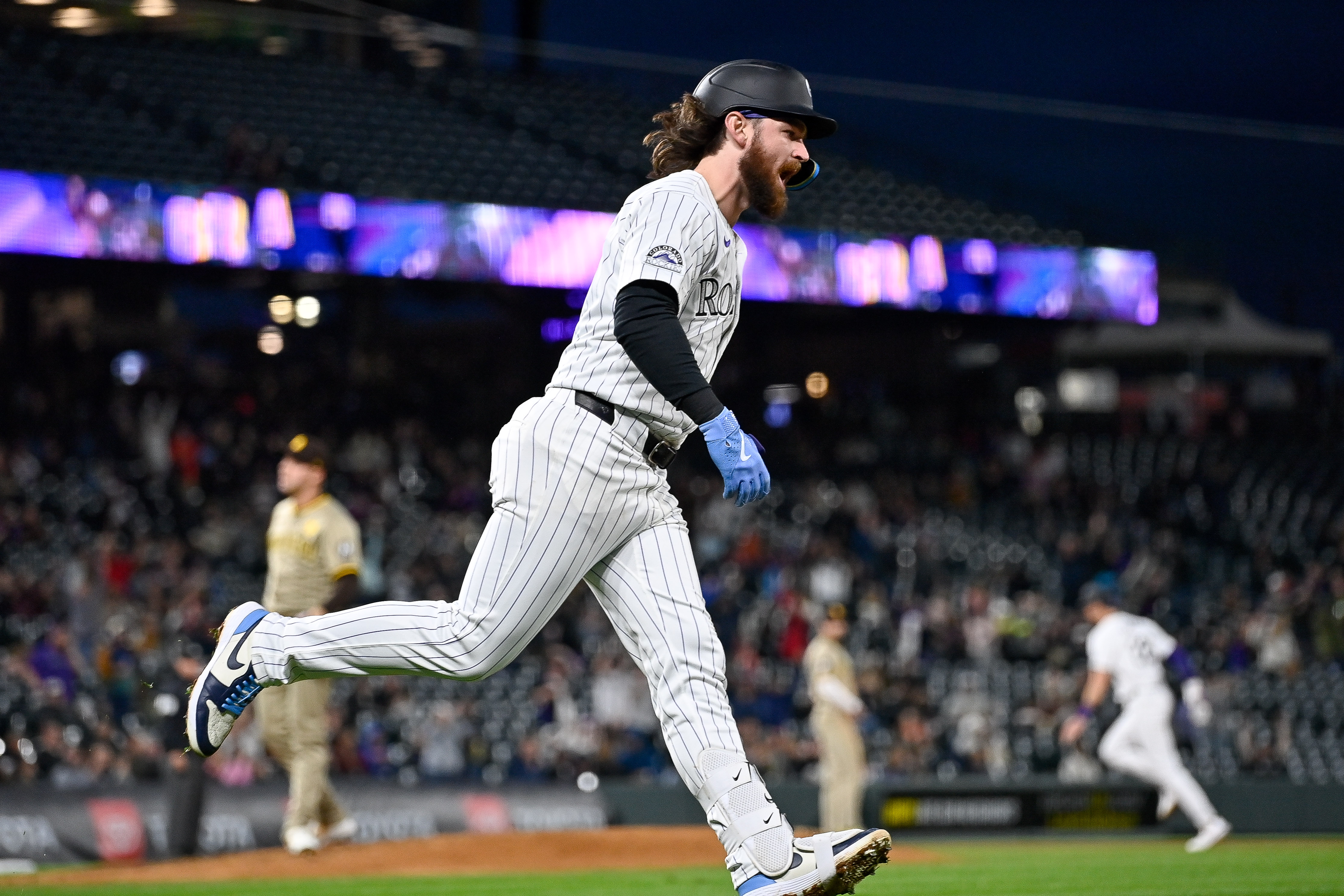A former dispatcher is contradicting a San Diego Police Department statement that callers rarely wait several minutes to reach 911 operators.
After NBC 7 reported Thursday that a member of our news team was placed on hold when trying to report an attempted assault downtown and an SDPD spokesman said it was a rare circumstance, Chuck Rickman reached out to us to set the record straight.
Rickman worked as a SDPD dispatcher for 20 years. He said when you call 911 to report an emergency, you don’t expect to be put on hold, but it does happen more often than it should.
"It's real, true life-threatening emergencies that people just can't get through on, and fortunately most of those don't end in someone getting killed or something like that," Rickman said.
Lt. Scott Wahl said the day the 911 call was made had a particularly high volume of calls.
"Our expectation is that we answer those calls as quickly as possible," Wahl said. "This situation that we're referring to is a rare situation that someone's going to wait two minutes and 44 seconds to get in touch with a 911 dispatcher."
Rickman said a caller being placed on hold for several minutes is not uncommon. He said staffing issues are mostly to blame, but that people do abuse the system making emergency calls for non-emergencies.
Local
"'What time is it?' Yeah, it's crazy that people call (and say) 'I don't know where I'm going. Can you give me directions?'" Rickman said. He said those calls tie up the lines and place lives in danger.
"But the bottom line for me is that theyr'e just aren't enough dispatchers there to adequately handle it," he said.
Rickman said he's seen the number of dispatchers dwindle from 92 in 1991 to 66 now, a number SDPD did not confirm.
"The turnover is extremely high," he said. "It takes over a year to train somebody and it's a big problem, but it's not just rare. It happens and it shouldn't."
Last Wednesday, a member of the NBC 7 news team dialed 911 from a mobile phone at 12:04 p.m. to report an attempted assault in downtown San Diego.
She was put on hold. After one minute, she hung up. At 12:07 p.m., she received a call back from a dispatcher who took her report.
When approached about the recording stating that 911 dispatchers were answering other calls, an SDPD spokesperson confirmed the call was not answered immediately and explained why.
"Our dispatchers, they're human and they're busy trying to answer those calls as quickly as they possibly can," Wahl said.
SDPD received more than 200 phone calls in one hour that were handled by 11 dispatchers. The average wait time during that hour was 14 seconds.
“We had 134 911 calls during that hour, and over 71 non-emergency calls just in that hour,” said spokesperson Lt. Scott Wahl.
That high volume of calls produced the second busiest hour for the department’s dispatch that day.
In the day, 88 percent of calls were answered in fewer than ten seconds, 91 percent in fewer than 20 seconds and 98 percent were answered in less than one minute, they said.
However, Wahl said the incident is a rare one for the dispatch center.
"We strive every day to answer those calls as quickly as we possibly can and when they hang up, although their call still stays in queue, it takes time for dispatcher to call back," he said.
He went on to suggest citizens not hang up and call back multiple times because that loads up the queue and slows the process down even more.
Dispatchers have to return each one of those calls, sometimes leaving voicemail messages if their return call is not answered.



